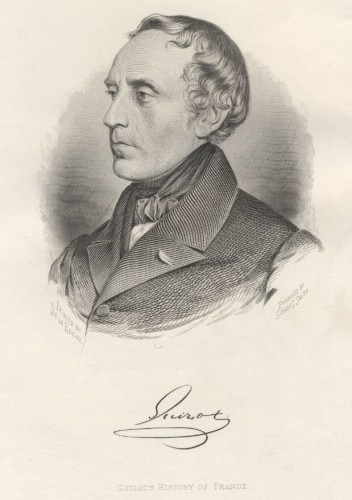Wretchard discusses recent notorious Type II system failures. The Colorado theater killer’s shrink warned the authorities to no avail. The underwear bomber’s father warned the authorities to no avail. The Texas army-base jihadist was under surveillance by the authorities, who failed to stop him. Administrators of the Atlanta public schools rigged the academic testing system for their personal gain at the expense of students and got away with it for years. Wretchard is right to conclude that these failures were caused by hubris, poor institutional design and the natural limitations of bureaucracies. The question is what to do about it.
The general answer is to encourage the decentralization of important services. If government institutions won’t reform themselves individuals should develop alternatives outside of those institutions. The underwear bomber’s fellow passengers survived because they didn’t depend on the system, they took the initiative. That’s the right approach in areas as diverse as personal security and education. It’s also the approach most consistent with American cultural and political values. It is not the approach of our political class, whose interests are not aligned with those of most members of the public.
The Internet is said to route itself around censorship. In the coming years we are going to find out if American culture can route itself around the top-down power grabs of our political class and return to its individualistic roots. Here’s hoping.

